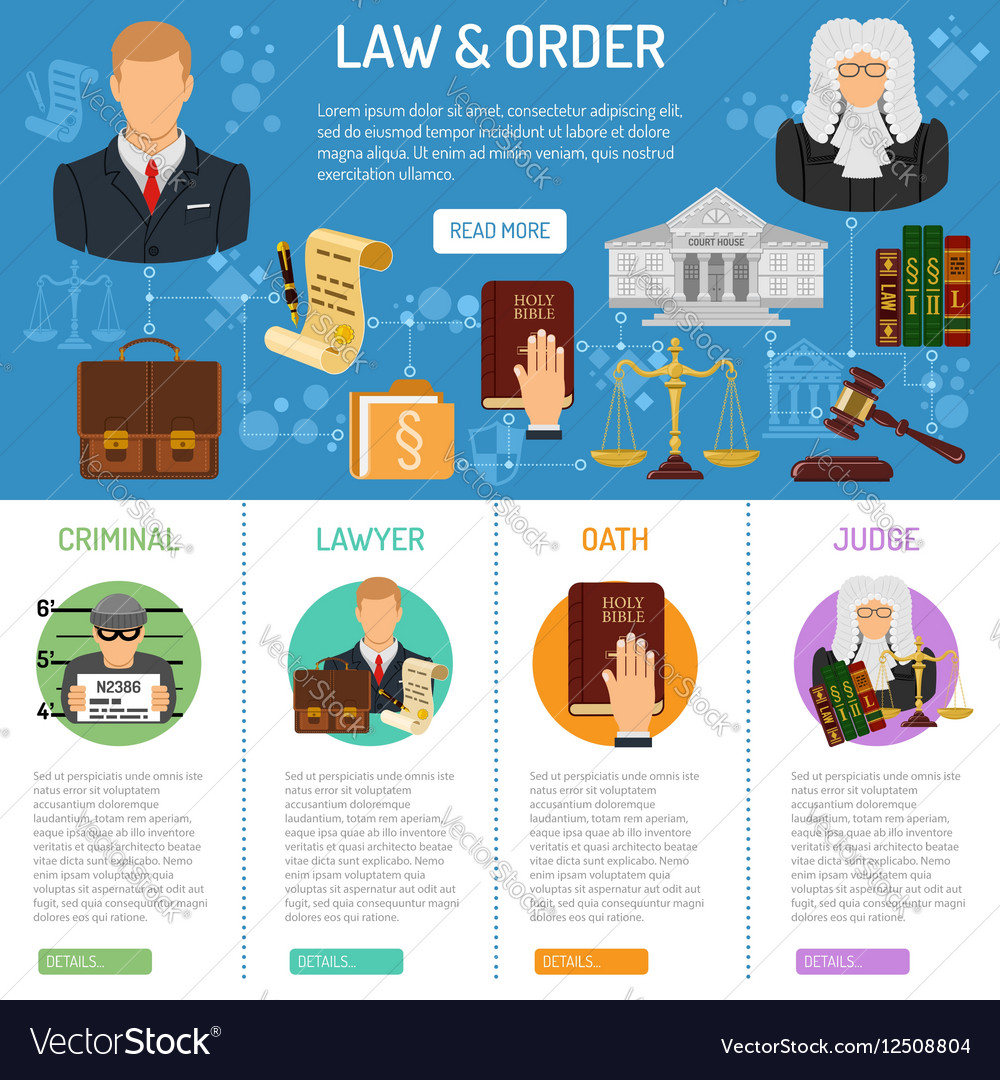The Rate Of Deceit: A Financial Analysis Of White Collar Crime'S Impacts
The Rate Of Deceit: A Financial Analysis Of White Collar Crime'S Impacts
Blog Article
Writer-Henneberg Neergaard
Think of an immaculate yard, thoroughly supported over years, loaded with lively flowers and lavish plant. Now, image a swarm of perilous pests silently penetrating this sanctuary, gnawing away at the origins and flowers, leaving behind a path of destruction.
This metaphor aptly catches the price of white collar crime, a stealthy hazard that penetrates our economy with ruining consequences. As you enter this conversation, prepare to discover the hidden financial effect of clerical crime and the far-ranging effects that stick around long after the wrongdoers have vanished from the scene.
The Financial Toll of White Collar Criminal Offense
Clerical criminal offense exacts a heavy financial toll on people, organizations, and the general economic situation. It isn't just a victimless criminal activity or a small hassle. The consequences are significant and devastating.
When individuals succumb clerical criminal offense, they usually shed their life savings, their homes, and their sense of security.
Businesses, on the other hand, experience large monetary losses because of scams, embezzlement, and other types of white collar criminal offense. These criminal activities lead to lowered earnings, damaged online reputations, and also personal bankruptcy sometimes.
Furthermore, the economic climate all at once suffers as white collar criminal activity undermines trust in the economic system, decreases customer self-confidence, and hampers financial growth.
The financial toll of white collar criminal offense can't be undervalued, and it's important that we take solid measures to stop and combat this type of criminal activity.
The Erosion of Rely On Institutions
The erosion of trust in organizations is a consequence of clerical criminal offense that has far-ranging ramifications for individuals and culture. When white collar criminal activities are committed by people in positions of power and authority, it undermines the count on that people have in those organizations.
This erosion of count on can have several unfavorable impacts:
- ** Loss of faith in the justice system **: When individuals see those in effective positions getting away with clerical criminal offenses, it can cause a loss of confidence in the justice system. People might feel that there's a lack of accountability for those that devote such criminal offenses, which can erode rely on the legal system.
- ** Lowered confidence in banks **: Clerical crimes frequently include financial fraud and manipulation. When visit the next web site or institutions are found guilty of such criminal offenses, it can result in a reduction in confidence in banks. This can have an unfavorable influence on the economy as individuals may be hesitant to spend or rely on these organizations with their money.
- ** Weakening of social material **: Count on organizations is a fundamental column of a working culture. When that count on is worn down, it can lead to a weakening of the social material. People may end up being more cynical and doubtful of organizations, which can bring about a break down in social communication and collaboration.
Long-Term Economic Effects
Loss of count on institutions because of clerical criminal activity can have lasting economic repercussions.
When individuals and businesses lose faith in the honesty of institutions, they might end up being hesitant to spend or engage in economic activities. This lack of trust can cause a decline in customer spending, as individuals come to be extra careful with their cash.
In addition, services might be reluctant to create collaborations or participate in agreements, fearing that they'll be made the most of by dishonest individuals.
The lasting economic effects of this loss of trust can include slower economic growth, lowered work development, and decreased market competitiveness. It's important for organizations to attend to white collar criminal activity and recover count on order to protect the lasting economic wellness of a nation or area.
Conclusion
To conclude, the financial influence of clerical criminal offense is staggering, with effects that reach much past simply economic losses. just click the following webpage deteriorates the trust we position in our organizations, leaving a gap that's challenging to fill.
Like an unrelenting storm, white collar crime leaves a long-term mark on our economic situation, leaving us to grapple with its consequences for many years to find.
